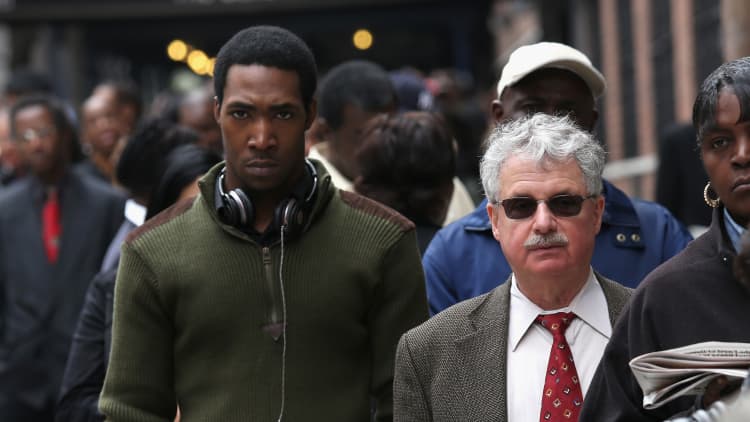Searching for a job can be nerve-racking at any age, especially if you are an older job seeker and over 50. But if you share the same skills as a younger candidate, there should be no difference between what their experience and your well-seasoned career can bring to an organization. But unfortunately, ageism is very real.
While it may not be as transparent as someone specifically asking how old you are, ageism is easy to spot if you know the signs. A few red flags are questions like, When did you graduate college? or When do you expect to retire? Both are measures to find out your age.
And according to MaryBeth Sigler, executive coach at Prana Executive Coaching, these questions are not OK.
Sigler said chitchat is a fine way to get to know someone but warns candidates not to give away any information that might be detrimental to getting the job. Sigler suggested that instead of refusing to answer a question, you should "step aside" from it and reply with a broad statement. For example, if asked when you expect to retire, she suggests replying: "I expect to give a lot to my career, and I have many years of work that I hope to provide to an employer."
As with any interview, it's best to be prepared ... even for those uncomfortable, not-OK, questions.







